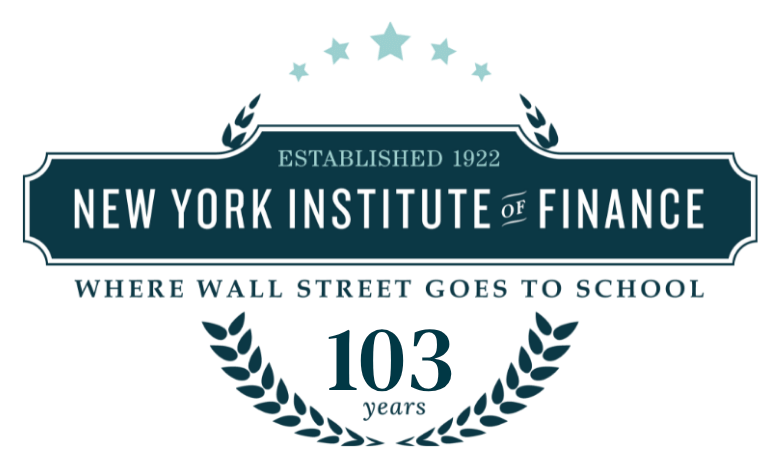Value Investing: Quantitative Strategies Professional Certificate
Value Investing as outlined by Benjamin Graham and David Dodd in their book Security Analysis has proved to be the only investment strategy that has produced long-term above-market returns with relatively low drawdowns. Warren Buffet is the prime example of the success of this approach to investing, an approach that has challenged the assertions of “Efficient Market Hypothesis.” The first edition of Security Analysis was published in 1934 and Graham’s “Intelligent Investor” was first published in 1949. Since then, security markets have undergone major changes. The Internet has made data, information, and news available at practically no cost. Using Natural Language Processing (NLP), far more Annual Reports, 10-K’s, 10-Q’s can be reviewed and analyzed for financial performance and quality of earning. Option markets that were nascent at the start of the 20th century have become a full-fledged vibrant market. Now almost all the trades are made electronically, and commissions are something of the past. At the same time, the market has witnessed, credit crises, hedge fund blow-ups, “pump and dump” schemes, and short squeezes originated by blogs. All through these turbulences, value investors have shown their mettle, and the superiority of this approach to long-term investing has been proven. There have, however, been major innovations in the market; from exotic options to ETFs to SPACs, that value investors can use to implement their strategies more efficiently. For example, one of the main theses of Value Investing is preservation of capital and the “Margin of Safety.” Sometimes these objectives can be achieved more efficiently using options. This course helps participants understand the principles of “Value Investing” together with the application of modern financial instruments to this investment strategy. It shows how some of these modern instruments can reduce risk and enhance return when used prudently in a manner consistent with principles of Value Investing
Prerequisite knowledge:
- Courses in Investment
- Probability and Statistics
- working knowledge of Excel
- knowledge of languages such as R or Python is desirable
- Basics of equity market, Value vs. Growth, Small vs. Large cap
- Principles of Value Investing
- Return and role of volatility
- Equity Valuation
- Growth and discount rates, and their impacts on equity price
- Volatility and measures of risk
- Business profitability, Cash and Accrual Accounting
- Review of Accounting and Corporate Finance.
List
- Performance Measures
- Analysis of: Capital use, Cash flows, Revenue, Income, Book Value
- Valuation Metrics such as P/E, P/B, P/EBIT
- Dividend Discounted Model, CAPM, and APT
- Terminal Value
- Qualitative consideration in equity investment, management measurement, incentive plan, accounting manipulation, and regulations
- M&A and its impact on management measurement
- Past Performance, and future performance
- Equity performance and impacts of macro and industry factors on equity performance
- Stock Selection and its attribution to overall performance
- Concept of moat
- Investment process: Fundamental Analysis, Valuation and Sentiment Analysis, Technical Analysis, Stochastic and Statistical Analysis
- Basics of option theory and risk management
- Relevant and practical option strategies for equity investment
- Value investment filters and quantitative strategies
- Introduction to Natural Language Processing (NLP)
- Application of NLP to review Annual Reports, 10-Ks, and 10-Qs
- Review of options, Option as a Leverage position
- Option strategies compatible with objectives of value investing
